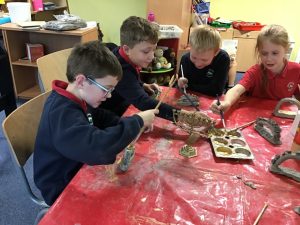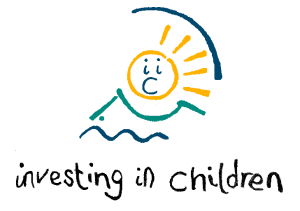Intent
- To ensure children learn and remember knowledge about faith and religions.
- To allow children build on prior knowledge through a carefully sequenced and progressive curriculum.
- To develop an understanding of the world around us through learning about religion.
- To provide children with the opportunity to develop their knowledge and appreciation of different religions and beliefs and compare these to their own beliefs.
- To develop pupils’ knowledge of world faiths and their understanding and awareness of the beliefs, values and traditions of other individuals, societies, communities and cultures.
- To enable pupils to express their own ideas and thoughts, asking thought-provoking questions about the world around them and personally reflect upon their own beliefs, values and experiences.
- To encourage pupils to consider how religions and beliefs have an impact on individuals and communities in local, national and global contexts.
- To encourage empathy and respect for all, including those with differing faiths and beliefs, as pupils develop understanding and appreciation of our diverse society and world.
Implementation
- Staff will use research around cognitive science to help children learn and remember more.
- Staff will check understanding through spaced retrieval exercises.
- RE will be taught every half term in one half hour session per week.
- Throughout units of work, teachers will make links and encourage children to make links between the religion currently being studied and previous religions, beliefs and religious festivals studied.
- Teachers will ensure that all units of work include opportunities to gain knowledge and understanding and encourage critical thinking and personal reflection.
- Teachers will ensure that lessons are planned in sequences that provide children with the opportunities to review, remember, deepen and apply their understanding.
- Learning will be appropriately adapted to allow children with SEND to access the RE curriculum.
- Teachers will use the assessment tracker to record children’s progress and understanding at the end of each unit of work.
- Children are provided with opportunities beyond the National curriculum to further and support their understanding – visitors, visits to places of worship etc.
Impact
- Through learning about religions and beliefs within their local community, country and the wider world, children are able to gain a deeper appreciation for the multicultural world around them.
- Children have the opportunity to discuss and share their own beliefs, values and opinions and learn how to express agreement or disagreement in a productive manner.
- Children have the opportunity to learn about and experience the festivals and traditions of religions and faiths around the world.















